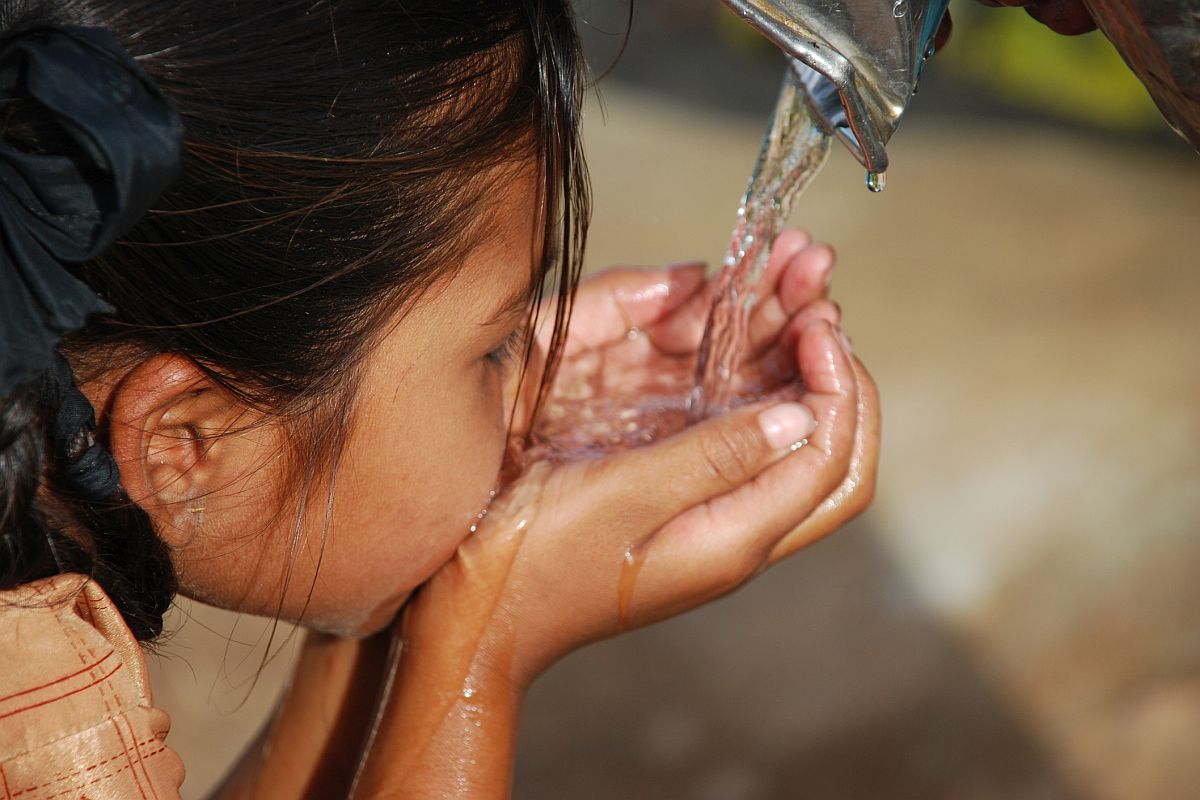Tea Crisis
As the sun sets over the rolling hills of the Terai and the Dooars plains, casting long shadows over the verdant tea gardens, a silent crisis unfolds beneath the surface.
For the first time perhaps in the history of north Bengal, hot winds, a phenomenon in the northern plains of India, have been sweeping the region since the past two weeks.

(Representational Photo: iStock)
For the first time perhaps in the history of north Bengal, hot winds, a phenomenon in the northern plains of India, have been sweeping the region since the past two weeks.
With a rare heatwave sweeping across the region, along with the rest of the country, the hot and dry loo blowing in most parts here has made life miserable, especially for those, who have to move outdoors for hours together for various reasons.
According to meteorologist and former convener of North Bengal University Weather Service Station, Subir Sarkar, loo winds are extremely rare in north Bengal. “Hot loo winds, which are high on dust particles, are not unknown to the people of our region. They call it “pachai” (west wind). But it is quite rare here,” he said.
Advertisement
As these winds have dangerous and potentially fatal effects on vegetation, humans and animals, both environmental and medical experts are enormously concerned about them.
Noted environmentalist Dipojyoti Chakraborty said that due to the loo this year, birds and other animals in the region, who were not used to these winds here, were migrating to other regions from north Bengal. “Many birds and animals have already succumbed to the loo in our region, especially in the urban areas, where these winds are blowing almost unhindered this year and shelter is unavailable due to deforestation. This may upset the ecological balance of north Bengal in the near future,” he warned.
The medical superintendent and vice-principal of Jalpaiguri Medical College, Dr Kalyan Khan cautioned that the hot winds this year might seriously affect the health of the people in north Bengal, as they were not accustomed to it. He advised people, especially children and the elderly to stay indoors, take plenty of fluids and avoid eating spices or fruits outside.
Advertisement